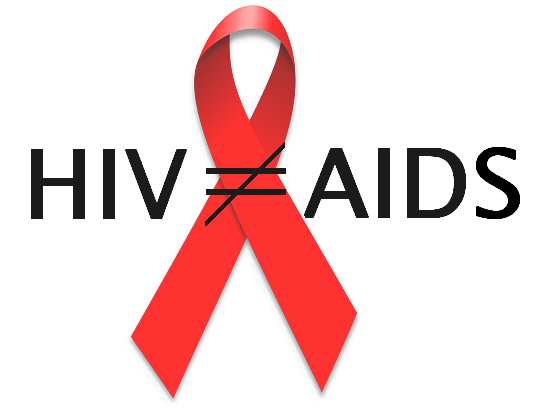By Ndidi Chukwu
The NGO Delegation to the UNAIDS Programme Coordinating Board (PCB) representing civil society in the response to HIV at the UN highest global multi-stakeholder advocacy and programming platform dedicated to HIV and AIDS, is advocating for prioritisation of the HIV/AIDS in the Sustainable Development Goals.
With the post-2015 development agenda negotiations on their final sprint happening in New York, keeping HIV and AIDS central to these discussions remain crucial. In a report presented by UNAIDS Secretariat , and made available to Health Reporters, it was highlighted that while HIV and AIDS remain evident only under proposed Sustainable Development Goal on Health (SDG 3), several proposed SDGs were identified to be relevant to HIV and AIDS and their inter-linkages should be established.
The communiqué of its 36th meeting reminded members that “the post-2015 development agenda, being Member State-driven, provides countries the liberty to develop their respective national indicator frameworks for the SDGs” this according to the report made the NGO Delegation initially proposed a Decision Point (DP) calling on Member States to reflect the Three Zeroes, particularly zero discrimination, in national indicator frameworks, and align them with already existing HIV tracking and monitoring mechanisms, such as the National Composite Policy Index (NCPI) and the PLHIV Stigma Index.
On its proposal toward a positive way of halving HIV transmission among people who inject drugs, the Delegation, working with a civil society advisory group, submitted strong draft Decision Points (DPs) following the 35th PCB Meeting thematic segment on halving HIV transmission among people who inject drugs. Earlier in April, the PCB Bureau was presented with extremely weak DPs that hardly took into account the Delegation’s submission.
The Delegation in its authority dropped original DPs proposed to the Bureau and could develop generally accepted DPs, but said strongly worded DPs may be brought in for subsequent meeting. Talks have also begun with UNODC, UNDP and WHO, with the goal of building strong support for more forceful DPs.
The new strategy will build on the vision of the Three Zeroes (zero new infections, zero AIDS-related deaths, and zero discrimination),respond to the data on equity gaps in prevention, focus on places and populations where efforts are most needed in order to accelerate the HIV response.
Before the PCB, the NGO Delegation submitted civil society priorities for the strategy (civil society priorities). High priorities were;
- To build Stronger human rights advocacy role for UNAIDS, particularly for populations still left behind;
- Addressing stigma and discrimination;
- Investing in communities and in networks of people living with HIV and affected groups
- Universal access to treatment and to combination HIV prevention; and Sustainable funding.
“The NGO Delegation initiated discussions with Member States, the Secretariat, and Co-Sponsors about funding for the ambitious goals in the strategy. We emphasized the stories we are hearing from regions that reflect fear and grief resulting from the number of organizations closing their doors for lack of funding. We expressed the urgent need to identify, Civil society funding (triple the current amount is needed), Sustainable funding for UNAIDS and the Cosponsors’ HIV programs and accelerated and adequate funding for the updated strategy” its communiqué stated
From its meeting, the UNAIDS will release a strategy draft at the end of July and hold on-line consultations in August and its updated strategy will be presented to the PCB for adoption in October. 11 co-sponsoring UN agencies and 22 rotating member states form the Programme Coordinating Board of UNAIDS. NGO Delegates reflect the needs of civil society and communities most affected, and hold the United Nations Joint Programme on HIV and AIDS (UNAIDS) and its co- sponsoring agencies accountable.


